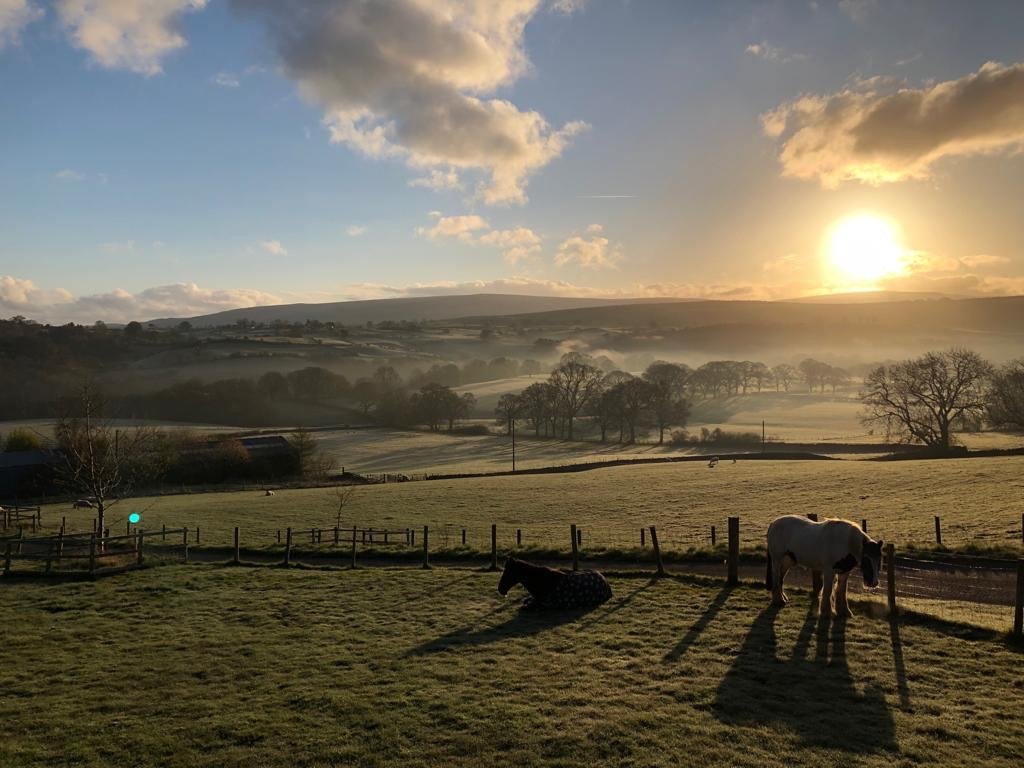Environmental Schemes
Commons have been in environmental schemes for nearly 30 years. Between 2024 and 2028 there are huge changes happening. Explore here how to apply for a new scheme, extend your current scheme and manage an existing agreement as well as information on SSSI consents.
Environmental Land Management Schemes (ELM) and Common Land
Following the departure of the UK from the EU, the UK is moving from the EU’s Common Agricultural Policy (CAP) to the new ELM schemes.
There are 3 new schemes that will reward environmental land management:
Sustainable Farming Incentive
Countryside Stewardship
Landscape Recovery
These schemes are intended to support the rural economy while achieving the goals of the 25 Year Environment Plan and a commitment to net zero emissions by 2050.
Through these schemes, farmers and other land managers may enter into agreements to be paid for delivering the following:
clean and plentiful water
clean air
thriving plants and wildlife
protection from environmental hazards
reduction of and adaptation to climate change
beauty, heritage and engagement with the environment
A more detailed overview of ELM can be found on DEFRA’s website:
https://www.gov.uk/government/publications/environmental-land-management-schemes-overview
Updates and latest news from DEFRA can be found on their future farming blog:
https://defrafarming.blog.gov.uk/
You can learn more about each of these schemes and how to apply for them on your common in the links below:
Click the link below to read our guide on how to get your common ready for ELM:
Agri-Environment Schemes on Common Land
Common land first came into agri-environment schemes in the early 1990s and agreements are now widespread on upland commons and an important source of income for farmers. It is expected agri-environment schemes will remain as the key mechanism to maintain and enhance non-marketable environmental benefits such as water quality, flood protection, biodiversity, landscape protection and carbon storage. Farmers will increasingly be required to provide these benefits in exchange for government support. For more detailed information click the button below.
Achieving Consensus
To allow a robust agri-environment scheme to be created, consensus between commoners and owners is a key objective. The two key points are to allow enough time and to consult with all relevant parties as early as possible. This is particularly important if some parties who could disrupt an agreement are going to be left out. For more information click below:
Sustainable Grazing
Vegetation on common land has changed dramatically over the last 4,000 years from a time when most common land up to 650m above sea level was wooded. Today in the uplands almost none is wooded and, in the lowlands, scrub is invading due to the lack of interest in grazing by commoners. It can be difficult to obtain agreement on what is regarded as an appropriate level of stocking for individual commons because of a divergence of views.
SSSI Consent
Over 50% of all Common land is designated SSSI. Download the note here to read more about what this means for managing your Common.



